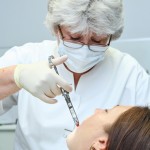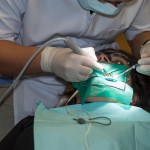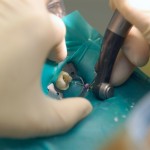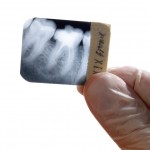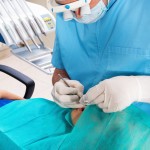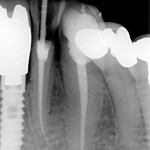
This review of apical surgery compared with non-surgical root canal treatment or retreatment for teeth with apical periodontitis included 5 studies.None of the included studies were at low risk of bias so the findings should be viewed very cautiously.
[read the full story...]